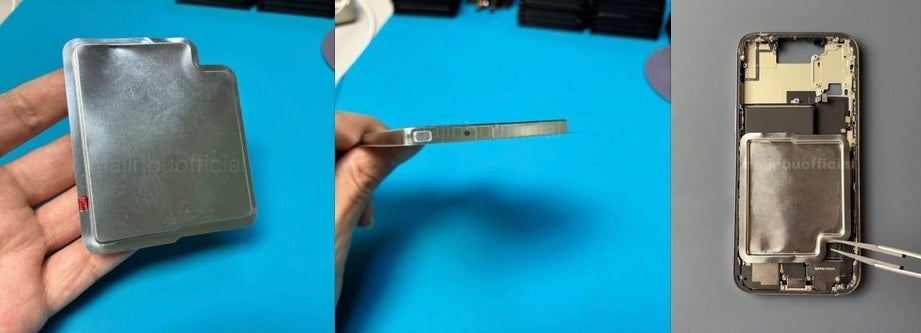
According to Mac Rumors, during its first earnings call of 2024, Qualcomm has stated that Apple has extended its contract with Qualcomm’s 5G modem patent till March 2027. Just a year ago, Apple extended this license to 2026 as it faced several ambitious challenges to create its in-house modem. Now after five months, Apple has seemingly decided to add another year to this license agreement likely because it faced several more challenges with its 5G modem design.
The claim is backed up by Qualcomm’s CEO Cristiano Amon, who said during an interview with CNBC, “We are very happy with the relationship with Apple right now, and we will continue to be supplying modems to them”. Apple has not yet commented on this recent extension. Apple has its own earnings calls later today which may confirm the statement.
In 2023, we twice reported that Apple’s 5G modem project was postponed until late 2025 and then further delayed to 2026 with the possibility of further delays. The company originally had plans to introduce this chip in the iPhone SE during spring 2025, but it wasn’t able to meet the required deadline. Because of this, Apple decided to exercise its unilateral option to extend Qualcomm’s patent, adding two more years.
Apple’s Quest for In-House Modem
Apple’s modem project was kicked off by Tim Cook in 2018 to reduce its dependency on external suppliers. It would also save money as the company paid more than $7.2 billion to Qualcomm in 2022. Apple started hiring engineers for ‘Project Sinope’. Not surprisingly, it faced several challenges such as slow performance and overheating. The chip was also too large, occupying half the internal space of its iPhones. In September 2023, the company decided to delay its plans to switch over by 2025 and have the contract with Qualcomm by 2026.
Apple has its primary focus on 6G chips but has not yet abandoned its first 5G modem ambitions, despite several setbacks. Reducing one’s complete dependency on a single chipmaker is healthy long term goal, provided your product can compete. But this endeavour looks more like an arms race for cellular modem SoC, with Qualcomm being a dominant supplier and Apple facing several challenges and complexities enough to add at least a year in delays.
Even with the best infrastructure and design team, making an in-house chip is extremely complicated. Apple isn’t the first with such ambitious plans even within the smartphone industry. Samsung has been making its own in-house mobile SoC since 2010. It recently launched the Galaxy S24 series whose S24 and S24 Plus use Qualcomm Snapdragon 8 Gen 3 for models sold in the US and Canada, while the rest of the world has variants with Exynos 2400.







